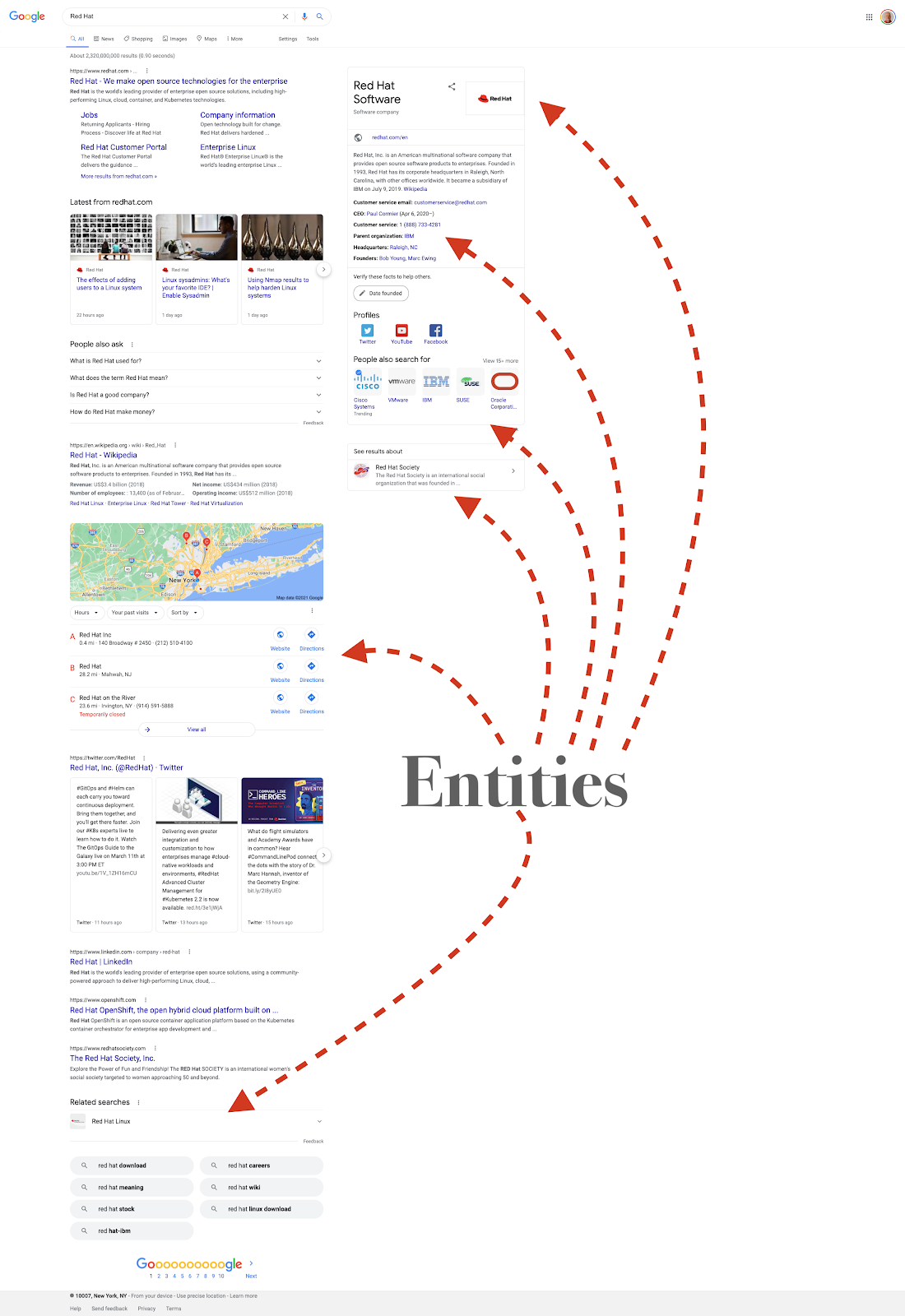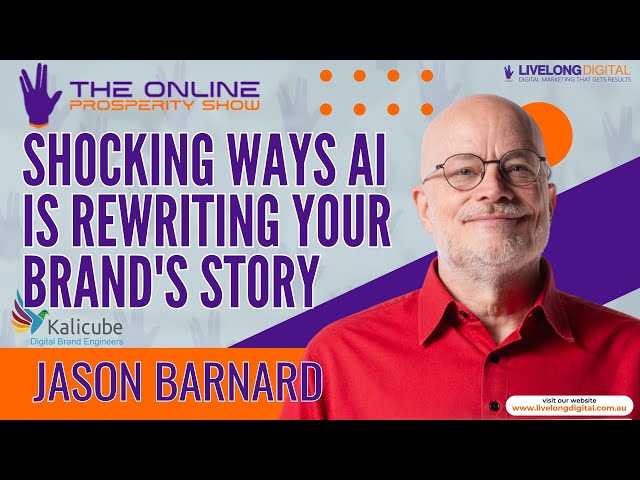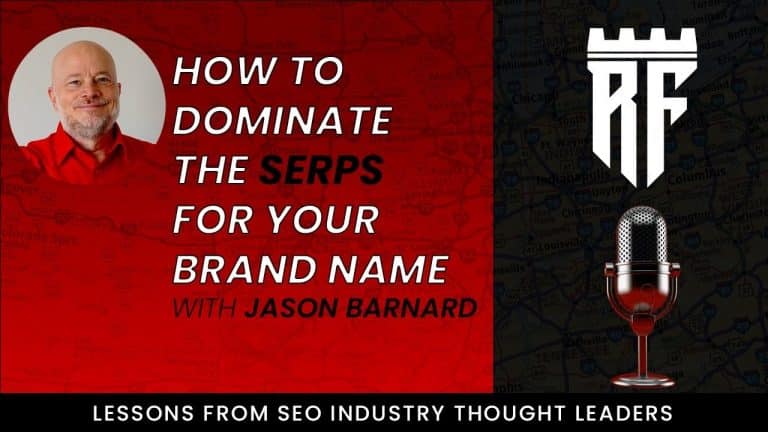Entity Based Search is now the Most Important Aspect of SEO

Extract from: SEO TRENDS FOR 2021 – PART ONE, published on Rank Ranger March 24, 2021 (Darrell Mordecai)
Article on Rank Ranger bringing together expert opinions on SEO trends for 2021 – part one of a four part series.
JASON BARNARD – ENTITY BASED SEARCH IS HERE – YOU NEED TO BE READY
Jason Barnard, The Brand SERP Guy®, is a digital marketing consultant. He specializes in Brand SERPs and Knowledge Panels. He hosts a leading digital marketing podcast (intelligent, interesting, and fun).
He is currently building the Kalicube Pro™ SaaS Platform (tools and courses to help you optimize your Brand SERP and knowledge panel) @jasonmbarnard
Google has been talking about ‘from string to things’ since 2015. By that they mean they have moved away from matching the string of characters typed by their user into the search bar to the same string of characters in your content, to looking at the meaning of the words – actually understanding the ‘things’ those words represent (we call these ‘things’ entities.) In short, to bring better results, Google aims to understand the world much like a human. That is huge. :)
How close are we to seeing a noticeable effect from that? Closer, perhaps than many think. We get a clear view by looking at the entities in the Search Engine results today, and how regularly we see new presentations of them: knowledge panels, entity boxes, entity carousels, filter tabs in Image Search (and now being implemented in some blue link SERPs too)…

How? Simple, but Laborious
You need to ‘educate’ Google, much like you would educate a child…
Explain Clearly and Simply
Provide Corroboration
Rinse and Repeat
Step by step process for your company:
First – identify what I call the entity home. This should be a page on your website where you describe who you are, what you do, and who your audience is clear and simple. Mike Blumenthal uses the term the canonical for your entity.
Find all the profile pages, articles about you, review sites (in fact any webpage on both first and third party sites) where your entity is the main (preferably only) subject. Prioritize the most authoritative, trustworthy, and relevant sites in your niche. Examples would be your Linkedin profile, Wikipedia, Crunchbase, G2, Trustpilot, The Pet Dogs Association of Houston… the list goes on. Correct (or get the site owner to correct) all the information on those pages so that they corroborate what you say on your entity home in step 1. They should also link back to your entity home. Kalicube® offers a list of trusted sources Google is citing here.
Add Schema.org markup (Organization) to your entity home that both restates the factual information you have said in the copy on the page and also points to the first and third party sites you corrected in step 2 using sameAs.
Simple! There is no fixed number, but a good rule of thumb is to aim for 30 corroborative sources – Andrea Volpini and Dawn Anderson have suggested that representatives of both Bing and Google have mentioned this number. That said, the actual number you will need depends on many factors – the authority of the sites, any existing confusion that Google has in its index, the complexity of your situation, and the information about you. An example of a complex situation would be multiple holding companies with many sub-organizations with similar names and products that use (fully or partially) the same name as the company. That kind of situation makes things difficult for everybody to understand, not just Google.
Start with your company, then move on to your CEO, products, offers… little by little Google will understand who you are and what you do, and start adding you all those Entity Elements in the SERPs (Search Engine Results Pages).




